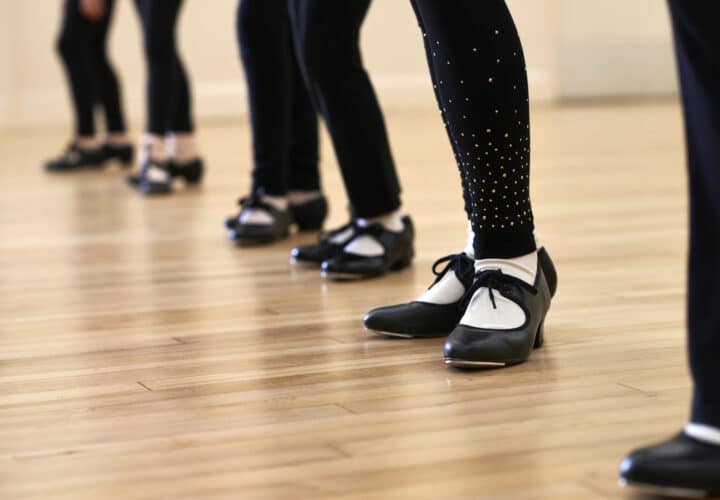Research shows that cardiovascular exercise, even in small amounts, has a beneficial impact on brain health — and staying active in older age could help you cut the risk of developing cognitive impairment or dementia.
Could getting serious about exercise really have a substantial impact on cognition as we age? Determining exactly how often someone needs to work out and what exercises they need to do to improve their cognition is still a challenge, but evidence shows that regular cardiovascular exercise can have great protective effects on brain health.
Scott Forbes, an associate professor at Brandon University studies exercise and sport science.
“There is a growing body of literature showing the positive benefits of exercise on brain health,” Forbes told Being Patient.
It could also help people whose brain health is already being affected by diseases like Alzheimer’s and related forms of dementia. In 2021, a group of researchers looked across 28 studies, finding that aerobic exercise improved cognition in people with Alzheimer’s.
Forbes cautioned that while not all studies have found substantial links between exercise and brain health, it doesn’t mean that the exercise itself is ineffective: “In research we want to be at least 95 percent certain that the results are not due to chance.”
Forbes added that the different methodologies, participant group sizes and types and myriad other variables that differ from study to study thus far have made it hard to make a definitive conclusion: It’s tough to tell whether exercise alone will do the trick, or whether it needs to be combined with other lifestyle changes —like a healthy diet — to maximize the benefits.
For example, a two year randomized clinical trial of more than 2,500 older adults at risk of developing dementia found that combining exercise with healthy eating could prevent or slow cognitive decline.
Further, a lack of exercise is one of eight factors recently identified as a major modifiable contributor for Alzheimer’s disease.
Why does exercise seem to help the brain?
There are many biological mechanisms that explain the benefits of exercise on the brain. Physical activity could reduce baseline levels of inflammatory biomarkers, and help regulate the brain’s immune system. It also increases the production of brain growth factors — IGF-1, BDNF, and VEGF — that stimulate the growth of new brain cells and may prevent memory impairments.
Additionally, exercise promotes vascular health and blood flow to the brain. This helps nutrients and energy reach the brain, supporting its metabolic function and potentially preventing cell death. It also helps the blood vessels surrounding the brain to dilate and regulate blood flow to the brain: When it is an emergency, these blood vessels can quickly respond by increasing the flow of blood to the brain.
Many researchers are even trying to replicate the widespread benefits of exercise in pill form, though it is still unclear whether an exercise pill could ever work as well as the real deal.
Is there an ideal amount of exercise?
Luckily, you don’t need to hit the gym for an hour every single day to see an impact, experts say.
“We found benefits when individuals exercised at least 3 times a week,” Forbes told Being Patient. “I believe all forms of exercise are beneficial but there does appear to be a greater benefit with higher intensity exercise.” New evidence shows that adding small bursts of high intensity cardio — researchers call them “exercise snacks” — three to four times throughout the day can have a positive impact. But more research on these sweaty snacks is required.
But even if you aren’t able to participate in high-intensity exercise, there’s plenty of other healthy ways to engage your body and brain. A study published in JAMA Neurology found that even walking 4,000 steps in a day reduces the risk of developing dementia by 25 percent. Basically, anything that you do to stay active can chip away at your risk of developing Alzheimer’s or dementia.
Simply put exercise, especially cardio, is good for your brain. Even in small amounts. You don’t need to run a marathon or slam dunk a basketball in your 70’s to reap the benefits.






